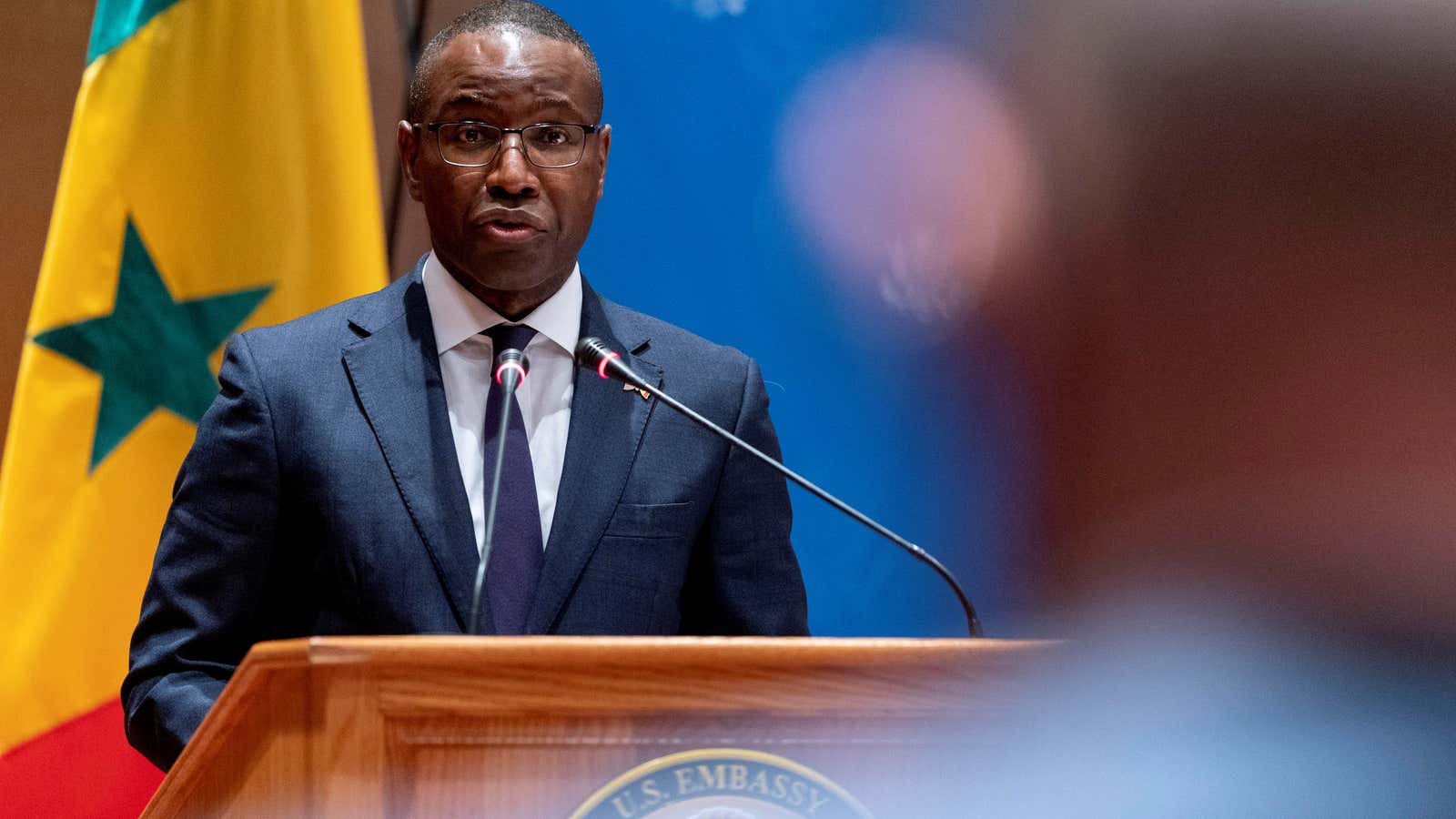When it was announced recently that Fenty Beauty and Fenty Skin would be available in Africa, some fans rejoiced and others were disappointed. Those who were disappointed were found in countries which were not listed as part of the official launch and have gotten used of feeling left out by international brands’ intentions of conquering African consumer markets.
There is indeed a tendency for brands to have a very distorted image of the African continent, one which consistently eclipses those countries that are part of what is famously called “Francophone Africa.”
The expression is loosely used to describe the twenty-something countries in west and central Africa where French is often spoken in urban centers and speaks directly to France’s colonial heritage. From a distance, these countries would appear to marketers as complex. Outside of the Democratic Republic of Congo, these countries have in common small territories and populations.
Francophone Africa attracts minimal VC funding compared to the rest of the continent
Investors often come to a similar conclusion. The African Venture Capital Association’s 2021 report (pdf) on Private Equity activity has shown how the past year set new records with the total value of deals reaching $7.4 billion. West Africa was the most attractive region in 2021, attracting 33% of the overall amount of deal shares, yet the region owes its pole position to Nigeria, Africa’s largest economy.
2021 showed encouraging signs for Francophone countries with the region registering its first unicorn by way of Wave, a mobile money services provider that took on telecom giant Orange forcing it to match its competitive offer for transactions services. The startup’s $1.7 billion valuation sent an important signal to VC investors on the lucrative deals that could exist beyond the imaginary language barrier.
It was not coincidental that AVCA chose to launch the recent report in Dakar, Senegal. AVCA’s choice to turn Dakar into the “capital of private equity” for the week-long event in the words of Papa Ndiaye, the founding partner and CEO of AFIG Funds—a global private equity fund management company—enabled investors to discover an entire ecosystem and a side of the continent they had never seen before.
The presence of Senegal’s minister of economy, Amadou Hott, at the opening ceremony showcased the French-speaking region’s recent trend of appointing business-savvy, bilingual leaders to key government positions to woo investors.
Changing the perception of Africa as an investment destination
The matter of perception remains an issue for all African economies. The doomsday announced at the very early stage of the covid-19 pandemic was a perfect illustration of the distorted lens which is too often used to look at Africa. So how does one go about changing centuries old misconceptions and deeply rooted myths?
Some, like Ndiaye, believe that infrastructure and institutions to harness the continuity of business are important. Others like Tidiane Dème, the co-lead at Partech Africa Fund—a tech fund exclusively dedicated to Africa’s digital markets—believes that the talent pool will be instrumental.
Relying on perception alone may not be sufficient. African business affairs remain vastly underreported by the media and without aggressive marketing campaigns backed by governments or international organizations, mobilizing investors to come for a visit may not be as obvious. The pandemic has only worsened the skewed view of the continent.
Just as it is our own responsibility to promote our own countries, our own designers, perhaps we ought to recognize that it is also our responsibility to invest into our own economies.
Senegal is paving the way for crowding-in domestic capital to fund its local ecosystem with several vehicles ranging from WIC Capital, a fund dedicated to women entrepreneurs, funded by women investors, the Dakar Network Angels or even the recently launched subscription model fund Wuri Ventures. These vehicles can not only serve as models for other countries to replicate but can also play a direct role in becoming ambassadors for the region towards hesitant institutional investors.
